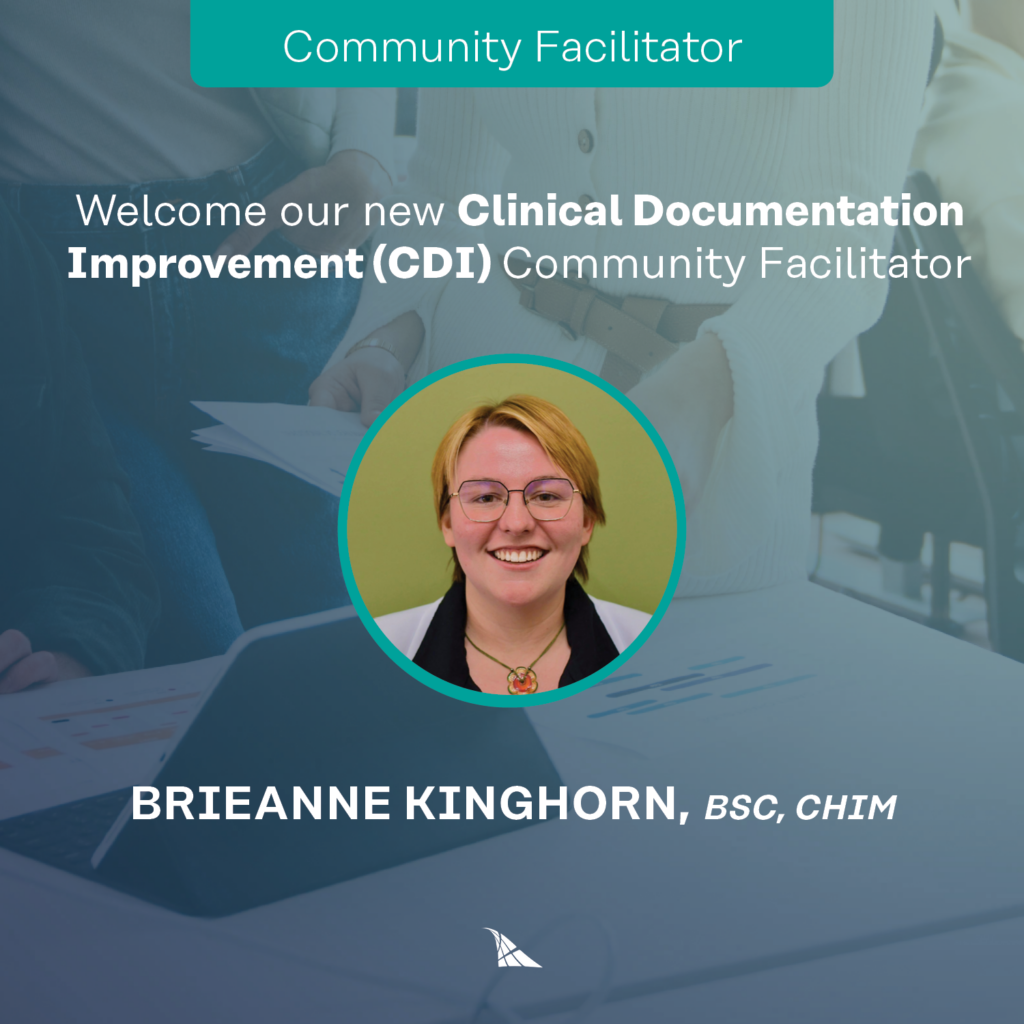
Dr. Karima Lalani: A Journey of Mentorship and Impact
In 2001, Dr. Karima Lalani found herself at a career crossroads when Enron, the company she worked for, faced significant restructuring. Rather than view this situation as a setback, Dr. Lalani saw it as a new beginning.
“I realized I had developed many transferable skills that I could apply to other industries,” she recalls. “It was about finding a field where I could contribute in a meaningful way.” Thus began her pivot. Dr. Lalani transitioned from balancing ledgers to shaping the future of health informatics.
Dr. Lalani’s curiosity prompted her to explore non-clinical health care roles. “At the time, I thought health care meant being patient-facing, like a doctor or a nurse. I knew I wanted to contribute to health care, but not through direct patient care. I wanted to effect change in a different way,” she explains.
Her introduction to the world of health information began with a conversation with the late Sue Biedermann, then the director of the Health Information Management program at Texas State University. Biedermann not only introduced her to the field but also became a key mentor, encouraging Dr. Lalani to leverage her background in business and technology to make a significant impact in health care. “Sue was the person who opened my eyes to the possibilities in this space,” Dr. Lalani shares fondly. “She became my biggest advocate and eventually nudged me towards academia.”
Dr. Lalani returned to school with Biedermann’s guidance and eventually earned a PhD in Healthcare Management and Policy. “It wasn’t just about making a career change; it was about applying what I had learned in finance and technology to an entirely new field—one where I could contribute to the betterment of communities.”
As Dr. Lalani delved deeper into health informatics, it became evident that teaching was a natural extension of her journey. With encouragement from other mentors, she began teaching Health Information Management courses at Texas State University, joining one of the earliest online programs in the field. “Back in 2012, having an online degree program was a novelty,” she recalls. “It was an exciting time because we were bringing cutting-edge education to a broader audience.”
Teaching wasn’t just about delivering knowledge from textbooks; Dr. Lalani’s industry background provided her with a unique perspective, and she was dedicated to sharing real-world scenarios with her students. “My teaching philosophy has always been student-centered. I incorporate case studies and current events into my teaching method. I love bringing in guest speakers from the industry,” she explains. “I want my students to understand how the principles they learn apply in real-world settings.”
Today, as the Program Director for both the bachelor’s and master’s degree programs in Health Informatics and Health Information Management at the University of Washington School of Public Health in Seattle, Dr. Lalani continues to inspire her students. “I want my students to become leaders in this space. The health care industry generates so much data, and we need skilled professionals who can manage and secure that information while making sure it’s available for decision-making.”
A recurring theme throughout Dr. Lalani’s career has been the importance of mentorship. From Sue Biedermann’s encouragement to her mentors at UTHealth, including Dr. James Langabeer and Dr. Tiffany Champagne-Langabeer, mentorship has been a cornerstone of her professional growth. “Mentorship has been such a vital part of my journey,” Dr. Lalani says. “I would not be where I am today without the guidance and support of my mentors. They helped me navigate the academic landscape and taught me how to apply my skills in impactful ways.”
She has carried this experience forward by mentoring the next generation of health informatics professionals. “I tell my students, ‘You don’t have to know everything right now, but you must be open to learning and growing.’” Mentorship gives people the confidence to keep pushing forward, even when unsure of what comes next.”
“I’ve been so fortunate to work with incredible mentors and leaders like Dr. Susan Fenton, Dr. Kerryn Butler-Henderson, and Dr. David Marc,” she says. “Together, we’ve worked on research that continues to shape the field of health informatics, focusing on workforce development and preparing future professionals.”
The world of health information is ever-changing, and Dr. Lalani is keenly aware of the challenges and opportunities that lie ahead. “Digital health is transforming the way health care is delivered, and we’re only scratching the surface,” she says. One of the most significant changes she sees is the integration of artificial intelligence (AI) into health care. “AI is already helping with data analysis, scheduling, and operational efficiency. As health informatics professionals, we have to be ready to adapt to new technologies.”
However, she emphasizes that technology will always require a solid foundation of knowledge. “No matter how advanced the technology becomes, the core of what we do—ensuring the integrity, security, and availability of health data—remains essential.”
When asked what she hopes to achieve next, Dr. Lalani does not hesitate: “I’m passionate about educating the next generation of health information professionals,” she says. “My role as an educator is something I cherish. We must prepare our students to be leaders because the future of health care depends on them.”
She also envisions continuing her efforts to expand the health informatics workforce and enhance community engagement through partnerships with industry leaders. “I want our students to be exposed to both classroom and real-world settings. The University of Washington is globally recognized, and I see our programs as a way to create meaningful impact both locally and beyond.”
Dr. Lalani’s advice to new graduates entering the field of health informatics? “First of all, congratulations! You are entering a field that is uniquely positioned to improve health care outcomes. You will be providing the data essential for safe, efficient, and equitable care. Embrace the opportunity, stay curious, and always be open to learning.”
Biography
Dr. Karima Lalani is the Program Director for the master’s and bachelor’s programs in Health Informatics and Health Information Management at the University of Washington School of Public Health in Seattle. With over 15 years of experience, she is an expert in health care workforce education, digital health, and strategic planning. As a registered health information administrator and fellow of the American College of Healthcare Executives, Dr. Lalani’s research encompasses health informatics and workforce development. She has held faculty positions at UTHealth Houston and Texas State University, and she continues to actively contribute to public health research and education.



